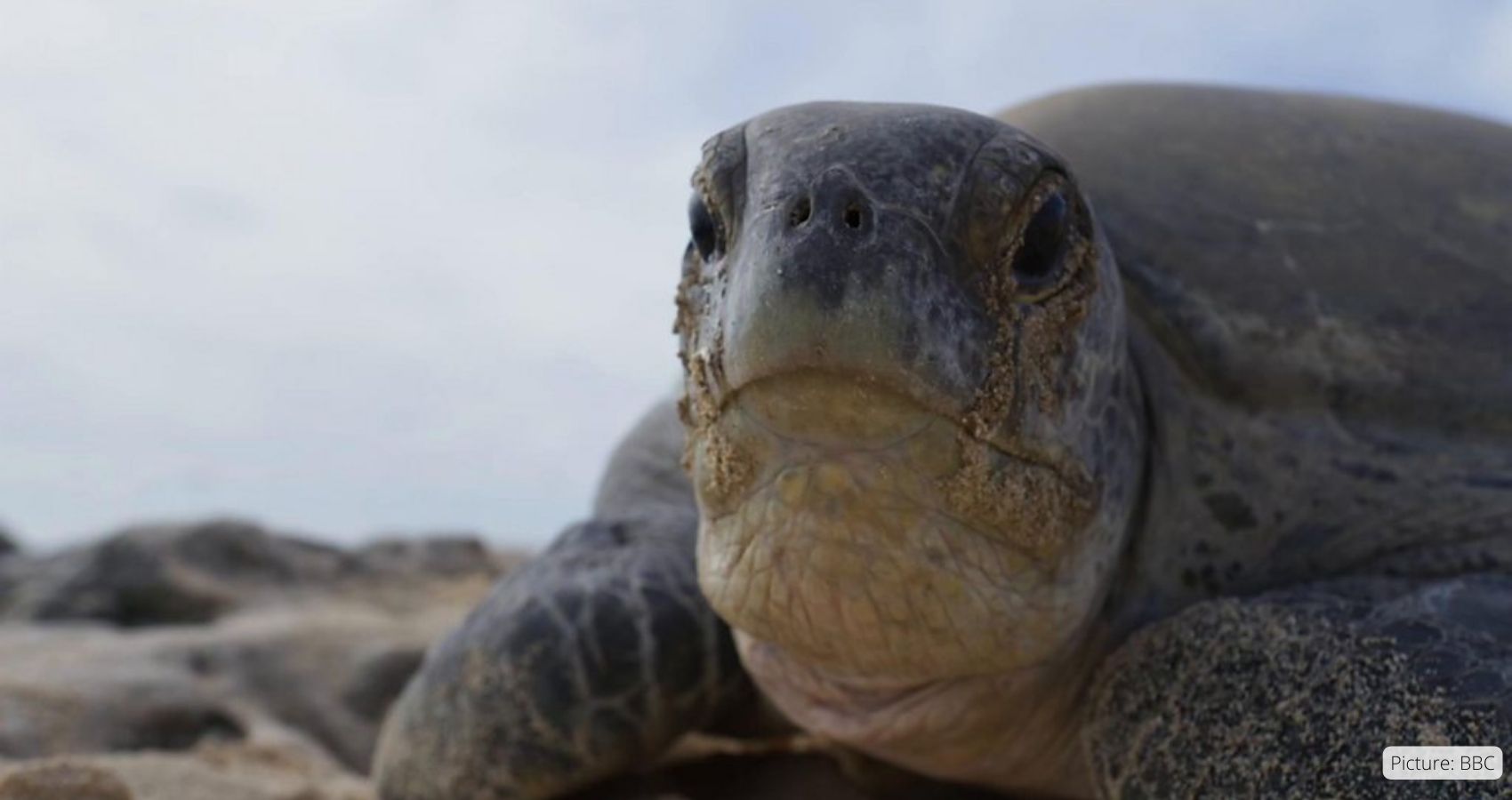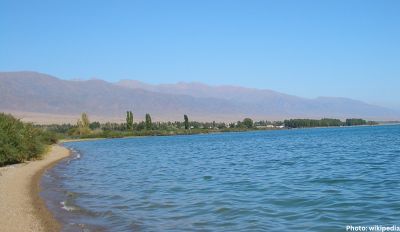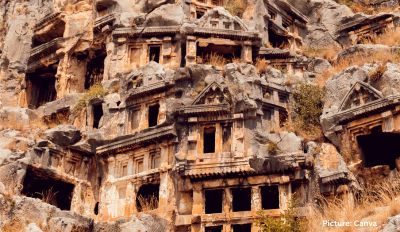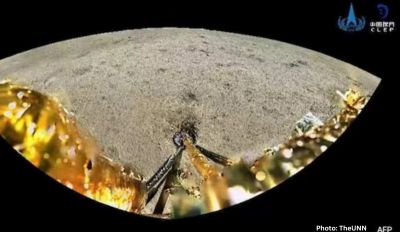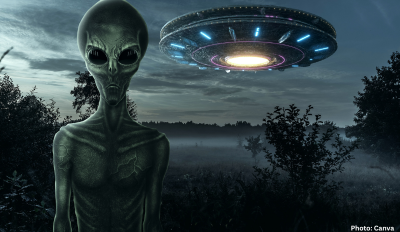Sir David Attenborough’s latest installment of the Planet Earth series has garnered praise for its breathtaking visuals and poignant storytelling, but it has also evoked a sense of concern and sadness among viewers. The third season of this award-winning program debuted on BBC One, attracting an audience of 5.6 million.
The eight-part series offers a glimpse into the struggles of wildlife across the globe as they contend with ever-changing environmental conditions. The Guardian hailed the first episode as “majestic TV” from the venerable broadcaster, describing it as both awe-inspiring and disconcerting. Rebecca Nicholson, in a five-star review, noted, “It is possible to watch and enjoy it purely for the astonishing footage – but it will horrify you too.” She also emphasized the darker tone of this series compared to its predecessor, highlighting the concerning trends in the natural world.
Narrated by the 97-year-old Sir David, the documentary features footage from drones and remotely operated deep-sea submersibles, collected over a five-year period across 43 countries. The initial episode explores coastlines from Kent to South Africa, Mexico to Australia, and beyond. It presents two cautionary tales centered on the challenges faced by Caribbean flamingos on Mexico’s Yucatán Peninsula and the endangered green turtles of Raine Island on the Great Barrier Reef. The episode also includes vintage footage of a young Sir David visiting the same island more than 60 years ago, highlighting the impact of human activity on these ecosystems.
Carol Midgley of The Times, in a four-star review, praised the series as magnificent but also acknowledged its potential to evoke sadness. She cited examples such as desert lions hunting cormorants in the sea at night, a remarkable sight, but also the distressing scenes of Caribbean flamingos and their nests being destroyed by worsening storms, attributed to climate change. She noted, “Soaked and cold [they] will soon perish unless they can get out of the water. Some years no chicks survive.”
Ed Power of The Telegraph celebrated Sir David’s ability to convey the beauty and fragility of our planet. He marveled at the stunning visuals presented in the series, including mesmerizing shots of flamingos in flight and their vulnerable young struggling to survive in the rain. Power concluded that Sir David’s presence is reassuring at a time of uncertainty in the world.
This season, the series has moved to an earlier time slot to make it more accessible to children, giving them opportunities to connect with and understand the natural world. Sir David emphasized the importance of children’s innate understanding of nature while cautioning against deforestation and the encroachment on natural spaces. He highlighted the need for coexistence with the natural world, asserting that we must accommodate and protect it.
In his review for the Daily Mail, Christopher Stevens found every moment of the opening episode fascinating. He praised the series for being visually stunning, acknowledging that it’s challenging to single out a “best” Attenborough series from the past seven decades but suggested that Planet Earth III could be the most visually spectacular.
The I newspaper’s Gerard Gilbert, in a five-star review, characterized the show as spectacular, eye-opening, awe-inspiring, and terrifying. He underscored that this series reflects the closest Sir David Attenborough has come to despair, conveying a message of urgency to appreciate and safeguard the natural world before it’s too late.
The latest installment of the Planet Earth series has captivated viewers with its stunning visuals and powerful storytelling. It presents both the grandeur of the natural world and the urgent need to protect it, leaving audiences with a profound sense of wonder and concern.

